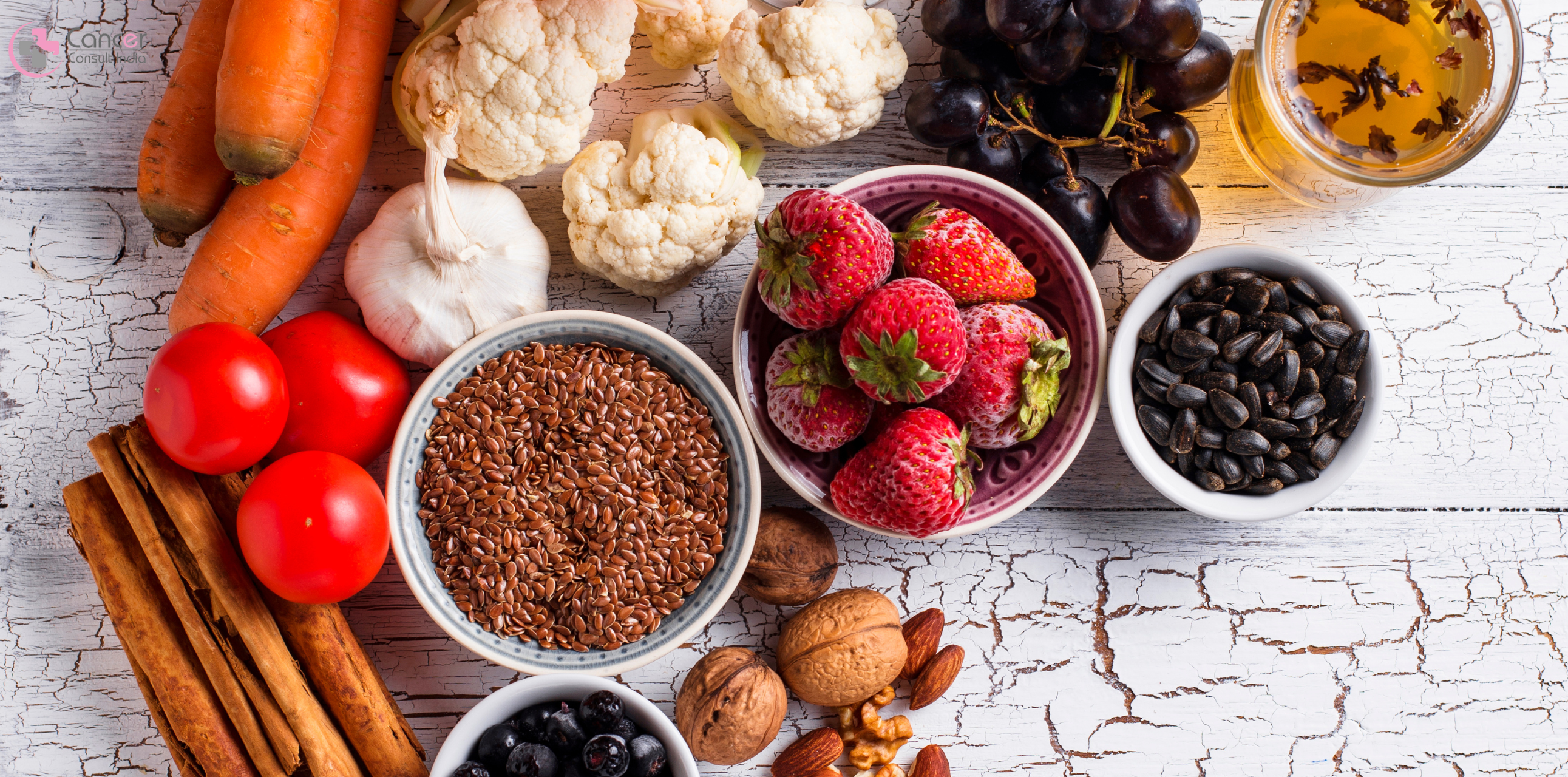Dr Manish Singhal - The best Cancer Specialist in Delhi
Diets You Should Follow in Cancer Treatment

Following a cancer diagnosis, lifestyle adjustments are common, both during treatment and beyond. The first step is often to eat healthy. There’s a valid explanation behind this.
A balanced diet can help cancer patients and survivors live longer.
According to surveys, as many as 48 percent of cancer patients and those at high risk of cancer turn to popular diets including the alkaline, Paleolithic, ketogenic, vegan/vegetarian, and macrobiotic diets.
“Diets are commonly learned about by cancer patients through their friends, family, and what’s popular in mainstream culture. “Then they ask, ‘Could this diet help me cure my illness or have a better quality of life on my cancer journey?'” says Zick, a University of Michigan research associate professor of general medicine and nutritional sciences.
All of this should be communicated with the best cancer doctors in Delhi NCR to stay aware of the condition and not take any step wrongly.
What effect does cancer therapy have on your eating habits?
Chemotherapy and some forms of radiation therapy, for example, can have a variety of adverse effects, including:
- Constipation is a common ailment that can make you feel uncomfortable and make you want to eat less.
- Diarrhoea can deplete your body’s nutrition.
- Fatigue causes you to be less active, which means you burn fewer calories and are less hungry throughout the day.
- Food might become unpalatable due to a loss of taste.
“It also depends on the precise sort of cancer you have,” Rajagopal notes. “Steroids are frequently used in the treatment of breast cancer and blood malignancies. Steroids might raise your hunger and blood sugar levels, perhaps leading to insulin resistance and weight gain. So, instead of reducing weight, the combination of drugs plus a more sedentary lifestyle might cause significant weight gain during cancer treatment.”
Hormone treatment may be used after chemotherapy for breast cancer or endometrial cancer in some cases. The medications work by inhibiting the production of oestrogen, a hormone that regulates metabolism. You may gain weight if your metabolism slows down.
What foods should you include in your diet when you’re undergoing cancer treatment?
“Anyone with a chronic condition, even if it isn’t cancer,” Rajagopal adds, “should eat foods abundant in protein, good fats, whole grains, vitamins and minerals.” “If at all feasible, adopt these nutritional changes before starting cancer treatment so you’ll be healthier when you start.”
- Plant-based nutrients- Plant-based proteins are among the greatest meals to take during chemotherapy or other cancer treatments. According to Rajagopal, they have the highest quantities of vitamins and minerals. This entails consuming a wide variety of vegetables, as well as beans, legumes, nuts, and seeds. If you must eat animal proteins, aim for lean meats such as chicken or fish.
- Good fats- Monounsaturated and polyunsaturated fats are also good for you. Avocados, olive oil, grapeseed oil, and walnuts are all abundant in omega-3 fatty acids, which aid in inflammation reduction and cardiovascular health.
- Healthy Carbohydrates – When it comes to carbohydrates, choose minimally processed foods like whole wheat, bran, and oats. These include soluble fibre, which aids in the maintenance of healthy gut microbes. Short-chain fatty acids (SCFAs), which help with everything from metabolism to cellular repair, are also promoted by soluble fibre.
- Minerals and vitamins- “Vitamins and minerals support our systems’ enzymatic functions, which are important for immunological function and inflammation reduction,” Rajagopal explains. Choose vitamin D-fortified foods wherever feasible. Milk, orange juice, yoghurt, and several cereals are examples.
What foods should you stay away from when undergoing cancer treatment?
During cancer treatment, be careful of what you’re putting into your body. Read nutrition labels and make as much food as possible at home. It’s recommended to avoid overly refined and processed foods. Fried foods with a lot of hydrogenated oils, which might cause inflammation, should also be avoided. Because persons with cancer frequently have weakened immune systems, avoid items that can cause food poisoning, such as:
- Sushi, a type of lightly cooked or raw fish.
- Eggs that have been softly cooked or meals that incorporate raw eggs, such as homemade mayonnaise
- Cheeses and dairy products that have not been pasteurised
- Fruits and vegetables that haven’t been washed
Making a nutrition plan for your cancer treatment
Dietitians with specialised training in the nutritional needs of persons with specific disorders are known as registered dietitians. Your dietician or any cancer specialist in Delhi like Dr. Manish Singhal can assist you with the entire treatment and further can help you in suggesting the meals that provide you with the proper number of calories and nutrients. If you’re pressed for time or energy in the evenings, opt for healthy takeaway options. If you’re on a budget, simple meals can benefit from adding affordable, nourishing things like beans or frozen fruit or vegetables.



